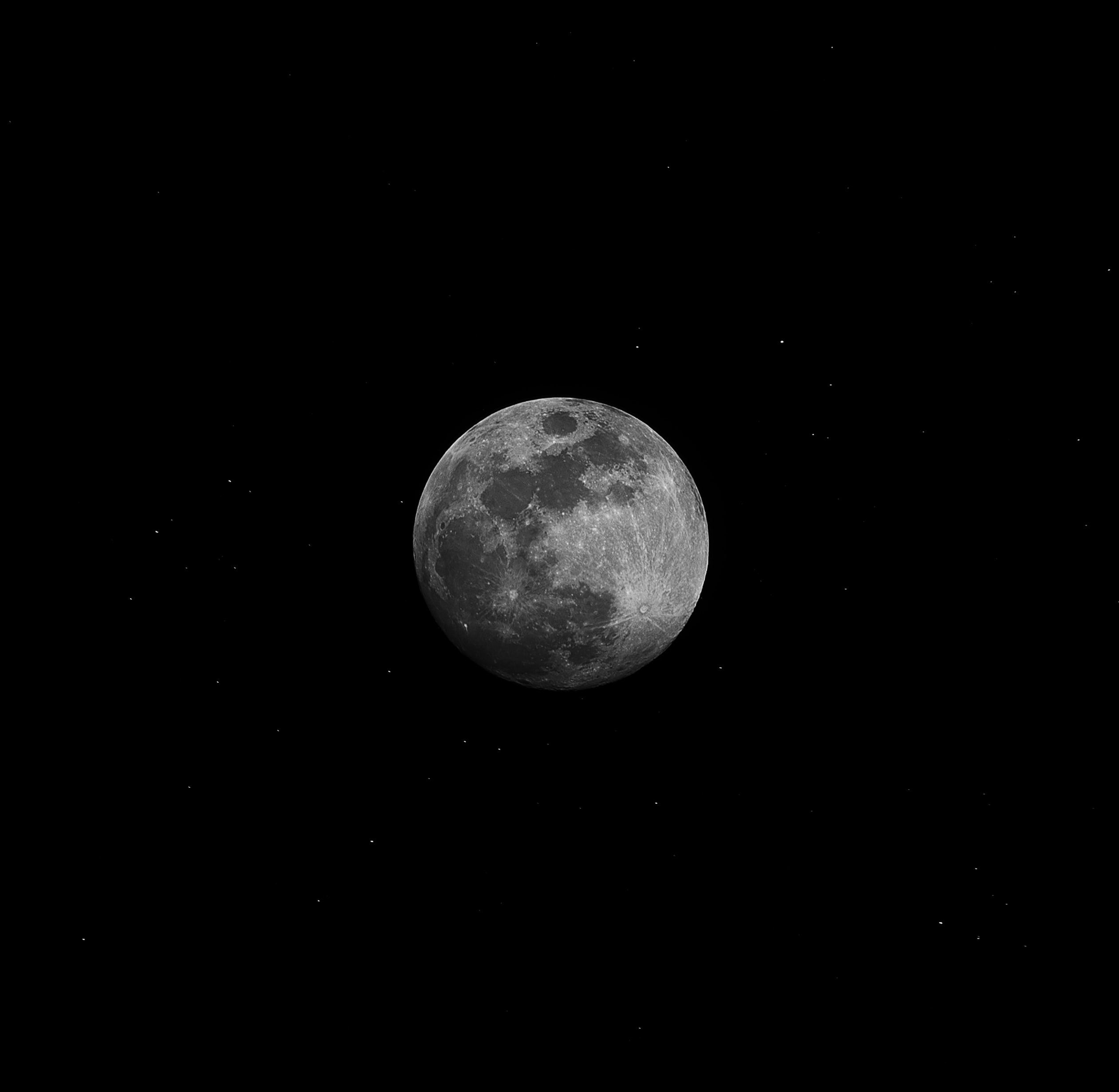Theosophy and the Concept of God: Exploring the Mysteries
Throughout history, humanity has grappled with the question of the divine. Various spiritual and philosophical traditions have sought to understand and define the nature of God. One such tradition is Theosophy, an esoteric and spiritual movement founded in the late 19th century. In this blog post, we will delve into the realms of Theosophy to explore its understanding of God, the divine, and the intricate interplay between the spiritual and material worlds.
Introduction to Theosophy
Theosophy, derived from the Greek words “theos” (god) and “sophia” (wisdom), is a mystical and metaphysical belief system that seeks to fathom the mysteries of existence. It was founded by Helena Petrovna Blavatsky, a remarkable Russian philosopher, writer, and spiritual teacher, along with Henry Steel Olcott and William Quan Judge in the late 19th century. Blavatsky’s seminal work, “The Secret Doctrine,” became the cornerstone of Theosophical thought.
Theosophy explores the interconnectedness of all things, bridging the gap between science, religion, and philosophy. It delves into the nature of reality, the origins of the universe, and the purpose of human existence. Central to Theosophy is the concept of God, which transcends conventional religious dogma and presents a more expansive understanding of the divine.
Theosophical Understanding of God
In Theosophy, the concept of God goes beyond any anthropomorphic or dogmatic representation. It encompasses an ineffable and all-encompassing presence that permeates every aspect of existence. According to Theosophical teachings, God is not an external deity to be worshiped, but rather the ultimate essence from which everything emanates.
Theosophy posits the idea of a divine, eternal and infinite principle known as the Absolute or the “One Reality.” This Absolute transcends human comprehension but can be referred to as the “Eternal, Boundless, and Immutable Principle.” It is formless and beyond duality, existing beyond time and space.
While Theosophy espouses a non-anthropomorphic view of God, it recognizes the existence of various divine beings or hierarchies in the spiritual realms. These entities, often referred to as “Devas,” “Elohim,” or “Dhyani Chohans,” are considered manifestations or aspects of the supreme divine principle. They play crucial roles in the cosmic order, guiding and overseeing the evolution of humanity and the universe.
Theosophy, Religion, and Comparative Mythology
One of the distinguishing features of Theosophy is its emphasis on comparative religion and mythology. Theosophical teachings assert that beneath the surface of diverse religious traditions lies a common thread of esoteric wisdom. Theosophists draw upon the similarities found in different myths, legends, and sacred texts to uncover this underlying unity.
Theosophy maintains that the world’s religions are expressions of various stages in humanity’s spiritual evolution. Each religion offers a particular truth, suited to the needs and capacities of its time and culture. Theosophical thinkers perceive the universality of spiritual principles and seek to uncover the fundamental truths that unite all religious and mystical traditions.
In this light, Theosophy seeks to illuminate the esoteric aspects of religious texts, revealing deeper meanings and hidden symbolism. It endeavors to distill the essence of these traditions, transcending dogma and superficial differences to uncover the cosmic truths they contain.
Theosophy, Science, and Evolution
Another area of interest within Theosophy is its exploration of the relationship between spirituality and science. While they may appear disparate, Theosophy seeks to bridge the apparent gap between these realms, proposing that they are complementary rather than contradictory.
Theosophy acknowledges scientific discoveries and theories while providing a spiritual framework to interpret and integrate them. For instance, it aligns with the concept of evolution, asserting that spiritual evolution is intricately linked to physical and biological evolution. Theosophical teachings propose the idea of reincarnation and karma, suggesting that the soul undergoes a series of rebirths to learn and evolve.
Furthermore, Theosophy postulates that humanity is evolving towards a higher and more spiritual state of consciousness. It holds that evolution is not solely confined to the physical realm but includes the development of consciousness, moral sensibilities, and the realization of one’s divine potential. In this context, Theosophy perceives science as a tool for exploring the material world, while spirituality unveils the deeper dimensions of existence.
Theosophy and Personal Experience of the Divine
While Theosophy encompasses philosophical and intellectual explorations, it also emphasizes the importance of personal experience and direct spiritual realization. Theosophists are encouraged to undertake a personal journey of self-discovery, exploring their consciousness and expanding their awareness.
Theosophy suggests that through meditation, contemplation, and self-discipline, individuals can develop an inner connection with the divine. This connection transcends intellectual understanding and becomes a personal experience, a direct communion with the ineffable.
According to Theosophical teachings, this personal experience of the divine is not limited to particular individuals or select spiritual adepts. It is a universal potential inherent in all human beings, waiting to be awakened. Theosophy aims to ignite this inner spark of divinity and allow individuals to forge their unique spiritual path.
Conclusion
Theosophy presents a profound and inclusive understanding of God that goes beyond traditional religious conceptions. It explores the mysteries of existence, unveiling the interconnectedness of all things and pointing to a transcendent divine principle. Theosophical teachings encompass comparative religion, mythology, and science, seeking to harmonize these seemingly disparate realms.
Theosophy invites individuals to embark on a personal journey of exploration, encouraging direct spiritual experience and self-realization. It fosters an attitude of open-mindedness, curiosity, and a reverence for the mysteries of life.
Whether one embraces Theosophical thought or not, its teachings offer a unique perspective on the nature of God and the intricacies of the universe. Theosophy reminds us of the perennial quest to comprehend the divine and encourages us to contemplate the deepest questions of existence.
References:
Table of Contents
